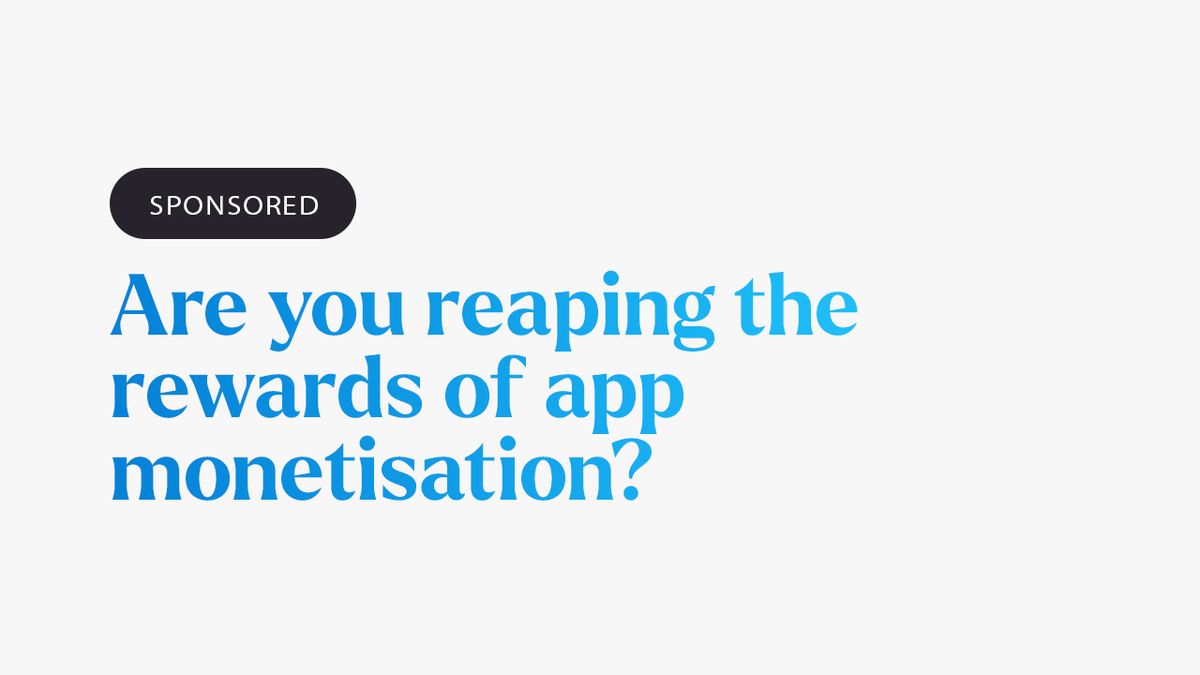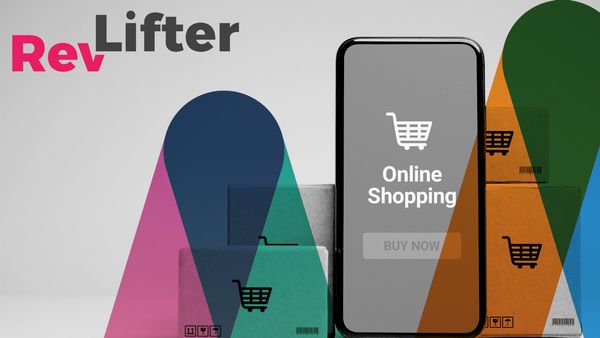Two of the biggest shake-ups to the industry come from the Digital Markets Act. This legislation, approved by the European Committee in November, orders the so-called 'gatekeepers' (digital services with 45 million+ MAU in the EU), to allow their business users to work outside of their platforms. Plain words? Consumers can now sideload apps and pay outside of the App Store or Google Pay.
Sideloading is a possibility to download apps outside of a system-provided service (say, App Store). While always available on Windows and Android, it has never been allowed on iOS, which has been a cause of controversy (and one of the biggest lawsuits against the company). This 'closed' app ecosystem has protected users from bug- and virus-infested apps, but also greatly limited developers' ability to market their services, as well as swiftly roll out updates (currently, all iOS apps have to undergo App Store Review process, which may take up to several weeks).
Let's break this down further.
ASO, meet ASASO
First, we need to understand that Apple’s App Store is not the only platform to distribute iOS apps.
While sideloading has been allowed on Android for years, those pesky .apk files have also led to lower revenue for game-based and non-gaming apps: players can download an 'unlocked' game as easily as a clean one, and have fewer incentives to make in-game purchases. For all its limitations, the App Store provided a clear (albeit only) way to monetise your app.
Source: TechCrunch / Apple
While sideloading will be possible, Apple is likely to take actions rendering the customer journey trickier. Examples might include adding several privacy popups and sometimes even demanding to issue a standalone version of the app.
This will mean that the 15-year-old App Store will remain the key platform for app discovery. There are however alternative platforms out there. Take Steam or itch.io for example, allowing a way to display your games only, giving players a native way to discover new titles and updates.
No More 30% Commission (but still 27%)
Secondly, and even more important to smaller developers, the in-app payments won't have to go through the App Store or Google Pay services. Although only actioned in the EU right now, the precedent is sure to be rolled out in other countries. The updated consumer journey may remain difficult, and in-game purchases might be limited, but it's worth it for the margin boost, right?
The gatekeepers won't go down easily. In 2022, Dutch regulators already made Apple ease its restrictions on in-app purchases, and the case is underwhelming: for all the hustle of synchronising payments with users and losing people along the way, developers got to save just 3% of its revenue, as Apple still took a 27% cut.
For many publishers, matching potential losses in conversion and the internal costs of developing outside payment systems with the ephemeral 3% revenue growth won't be easy; especially now that people spend less time and money on apps than before.
Digital Fatigue and Analog Recession
2022 was a strong year for many newcomers, but the mobile industry as a whole took a hit: for the first time since its inception in 2006, non-gaming apps earned more than gaming ones. As a whole in-app revenue in Q3'2022 fell by a whopping 4.8% to Q3'2021, and Q4 predictions show a similar picture.
Source: Sensor Tower Store Intelligence
A sad sight, especially after the 19% Y/Y rise last year. One could argue that this is just a natural market correction after a bubble-like growth during the pandemic, but this explanation might not fly for the quarterly KPI meetings. Especially if the mobile game revenues will continue falling in the next several years.
The fall is forecasted by many market analysers, with rising CPM and CPAs noticeable across all genres and segments which sends ROMI and ARPPU into the stratosphere. With the inflation and recession scares looming over, a lot of people might limit their non-necessary purchases. This leads to a potential revenue dip for many apps not backed by a strong brand. Luckily, there might be a way to cut costs.
AI is Already Developing Games (and promos)
We'll skip the whole 'can you believe' discourse about the likes of Midjourney and ChatGPT: the AI is here, big time. What's more interesting is that AI can develop not only random pieces of text and imagery but fairly specific – and functioning – lines of code and gaming assets.
Developer/YouTuber MinimalSwag has already developed a game using only ChatGPT to write code and Midjourney to create visuals. The mechanics are extremely simple, but it won't take much till AI learns to code more developed apps.
AI is already popular enough to be adopted by celebrities (albeit, the tech-savvy ones) to promote their products: here's Ryan Reynolds making a video ad with a script written by ChatGPT. Sure, snarky comments are still a human virtue, but this type of technology will lead to drastic changes in app development and promotion and many cheaply made copycats on the market. Granted, PC game developers are also coming for their share.
AAA Comes to Mobile (and cars)
Now that you can play Cyberpunk on your handheld Steam Deck or even Tesla, triple-A games with 50+ hours of gameplay, engaging graphics, and raytracing are getting closer to our phones than ever before. Together with the availability of cloud gaming on Android and iOS/iPadOS, mobile game developers in 2023 will face more high-quality competitors with bigger marketing budgets.
One of the world's biggest game developers, Ubisoft, is rumoured to launch its anchor title Assassin's Creed on mobile this year, and some leaked footage shows PC-level graphics and mechanics. Now that Apple's M2 chips support ray-tracing, 'triple A' games on an iPhone are more than feasible.
Players will keep this in mind next time they see vector diamonds called 'great graphics' and expect more extensive and brighter games. While the competition will be hardened by some great titles (and muddied by their low-cost AI-developed copies), love marks and strong gaming entities will stand tall.
Summing up: challenging but exciting
Trite expressions are boring but usually true, and this one is no exception: most challenges can strengthen your game and make your user base more loyal.
Alternative distribution and payment systems will call for the development of brand-led launchers, which will give more possibilities to excite players and enrich the gaming experience. And bigger publishers coming to mobile together with fewer people playing games may render the market more difficult to penetrate or keep, but if your app or game is worth it and has a strong brand behind it, it will get the recognition, users, and the revenue it deserves.
Sponsored content by Zorka.Agency.













